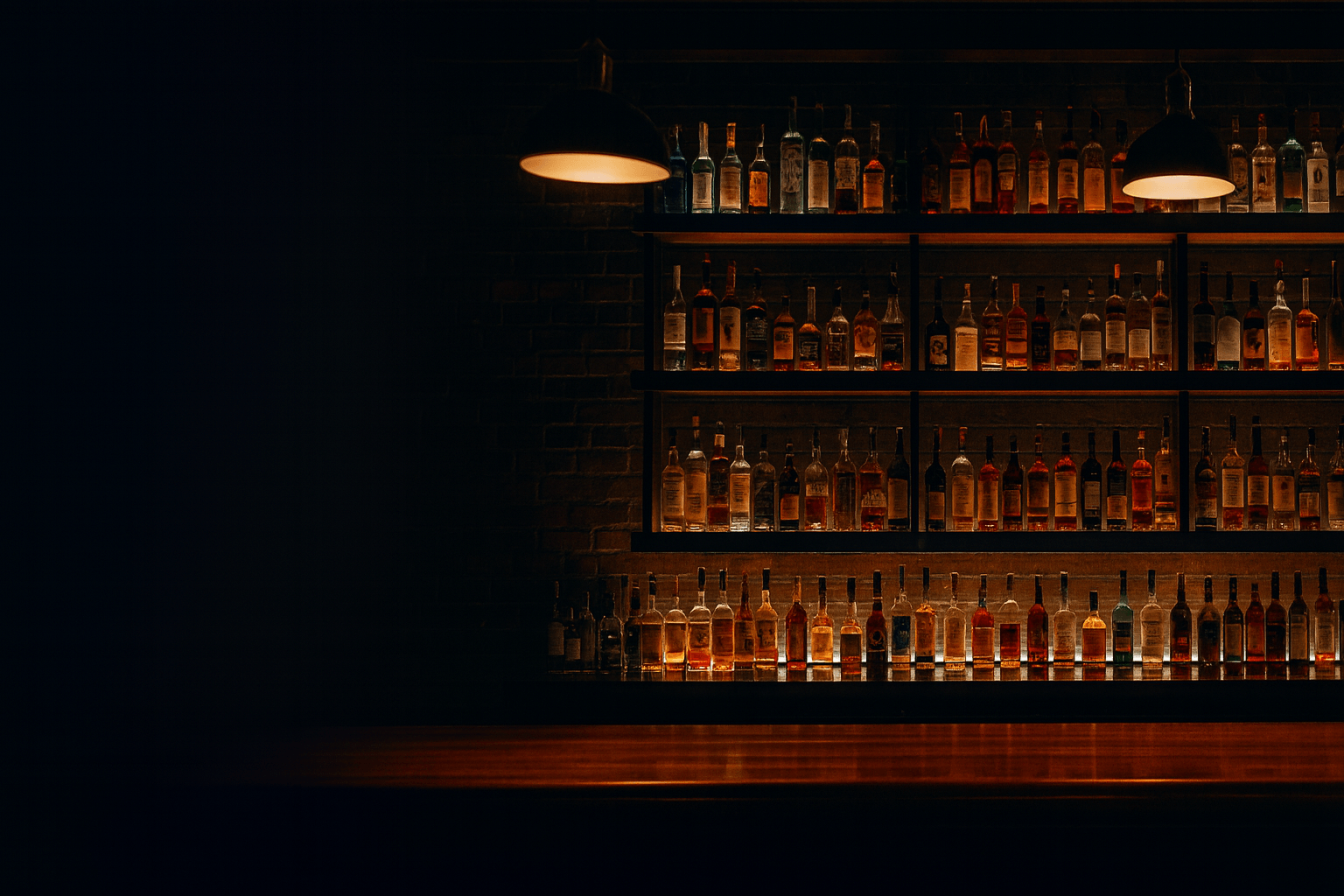Why Bartenders Use Dry Vermouth in Cocktails
Bartenders favor Dry Vermouthfor its ability to balance flavors and add depth to cocktails. Its herbal notes complement spirits like gin and vodka, making it a key ingredient in iconic drinks. The low sugar content allows for a drier finish, appealing to those who prefer less sweetness in their cocktails. Additionally, its versatility means it can be used in a variety of drinks, from classic to contemporary, making it a staple in any bar.
Best Substitutes for Dry Vermouth in Cocktails
If you find yourself without Dry Vermouth, there are several effective substitutes. Lillet Blanc, a French aperitif, offers a similar herbal profile with a touch of sweetness. Alternatively, white wine mixed with a splash of bitters can mimic the flavor and dryness of Dry Vermouth. For a non-alcoholic option, consider using a combination of white grape juice and a dash of lemon juice to replicate the acidity and complexity.
Cocktail and Beverage Recipes that use Dry Vermouth
Recipes
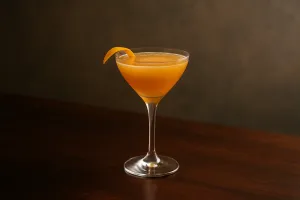
Bronx Cocktail
The Bronx Gin Citrus Cocktail revives a pre-Prohibition classic with a bright mix of gin, orange juice, and vermouth. Crisp, slightly sweet, and perfectly balanced — it’s the refreshing citrus cousin of the Martini.
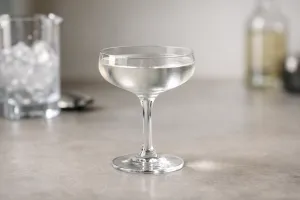
Haiku
A minimalist take on the martini, the Haiku Sake Martini balances crisp sake with a touch of dry vermouth for a clean, poetic sip. Ideal for quiet evenings or refined dinner parties.
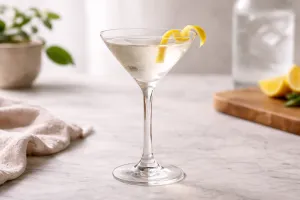
Allies Cocktail
A pre-Prohibition classic built on gin, dry vermouth, and a hint of Kümmel. The Allies Cocktail balances crisp botanicals with subtle spice for a smooth, spirit-forward sip.
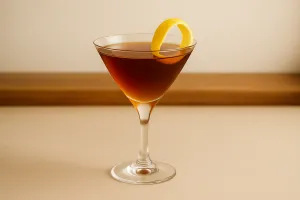
Shanghai Cocktail Recipe
This delightful concoction marries the warmth of brandy with the crispness of dry vermouth and the vibrant zesty notes of orange liqueur and lemon juice. Originating from the bustling streets of Shanghai, this cocktail pays homage to the city's rich cultural tapestry and its historical significance during the colonial era.
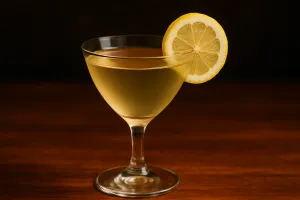
Sphinx Cocktail
The Sphinx Cocktail is a clean, straightforward spin on the Martini. Gin mixed with both dry and sweet vermouth for a more rounded, balanced take on the classic. It’s crisp, easy to make, and perfect for Martini fans looking for something just a little different.
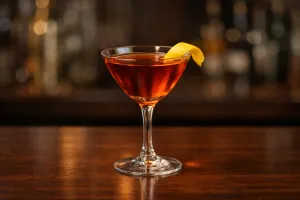
Delmonico
A 19th-century New York original from the famed Delmonico’s restaurant, this cocktail blends gin, brandy, and two vermouths for a perfectly balanced, bittersweet sip.
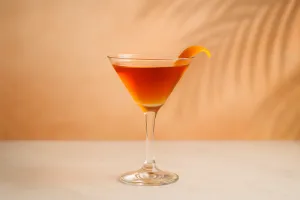
El Presidente Cocktail
This Cuban classic blends rum, vermouth, and orange curaçao for a smooth, sunset-hued cocktail that once ruled Havana’s golden age.
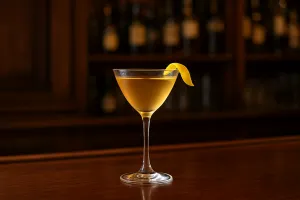
Bamboo Cocktail
A refined mix of dry sherry, dry vermouth, and orange bitters, the Bamboo is a crisp aperitif that proves balance beats booze. Light, nutty, and aromatic — ideal before dinner or for slow sipping.

Palm Beach Cocktail
A crisp blend of gin, dry vermouth, and fresh grapefruit juice, the Palm Beach Cocktail channels vintage coastal glamour in every sip. Bright, balanced, and effortlessly chic—perfect for sunny afternoons or elegant evenings.
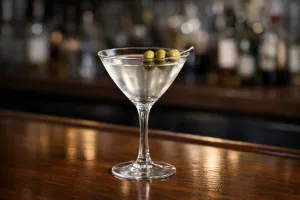
The Half-Ass Martini
A cheeky riff on the martini that mixes gin, vodka, and a touch of dry vermouth. Stirred and served with olives, it’s a smooth, lighthearted classic for anyone who doesn’t take cocktail hour too seriously.
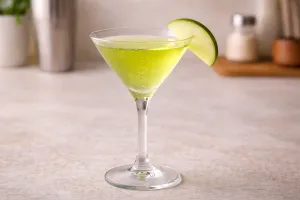
Green Apple Martini
Bright, crisp, and candy-green — the Green Apple Martini combines vodka, sour apple schnapps, and dry vermouth for a tart-sweet twist on the classic martini.
